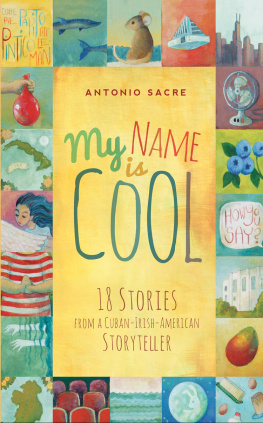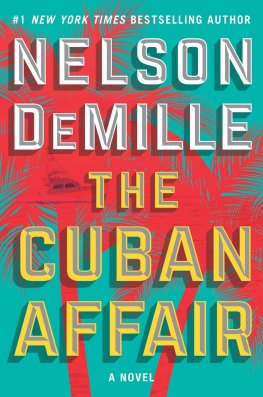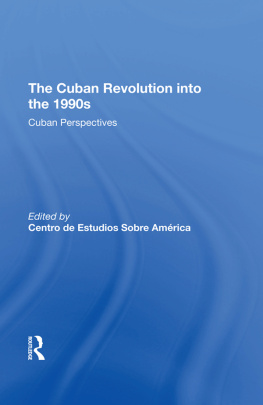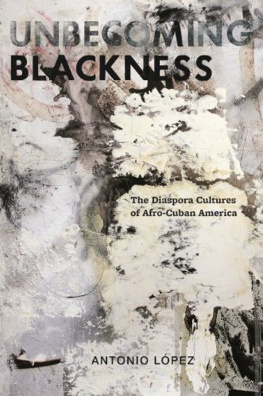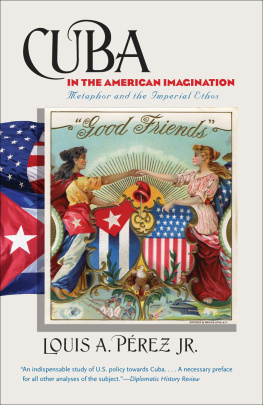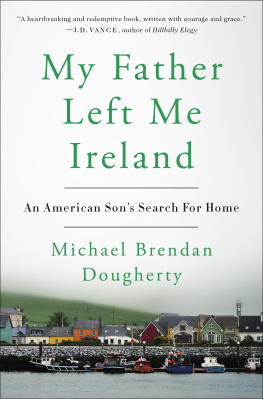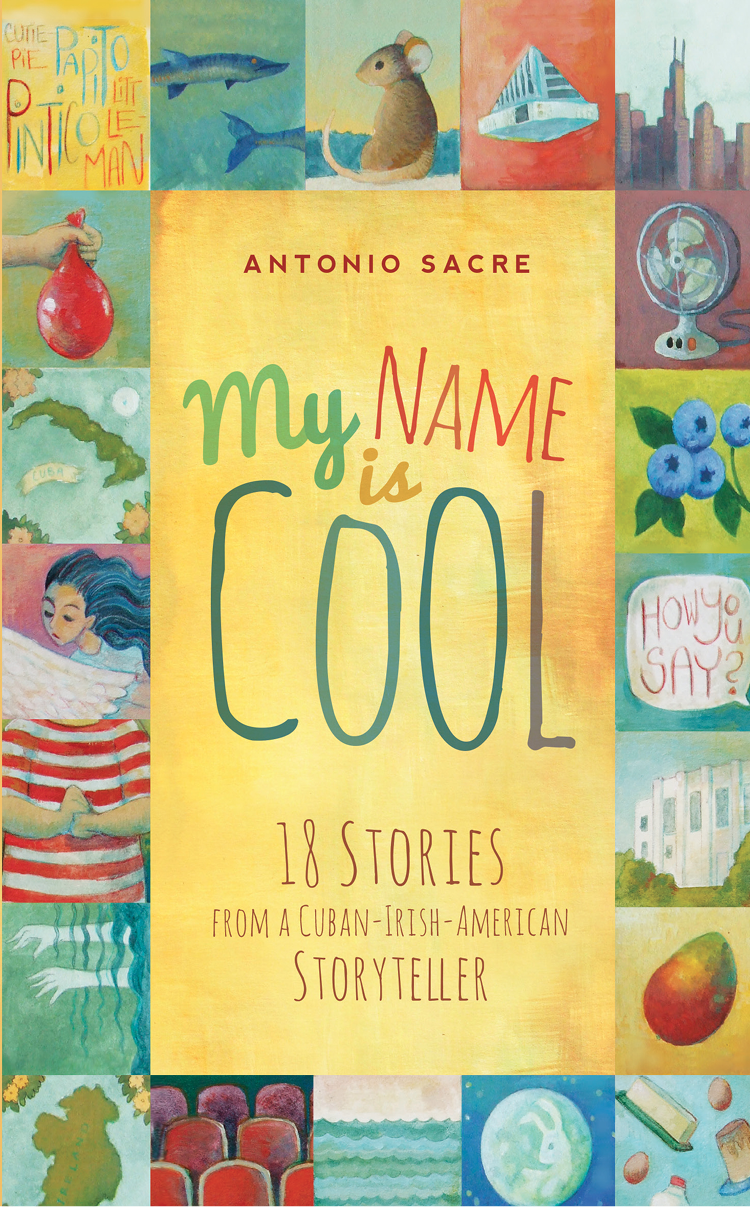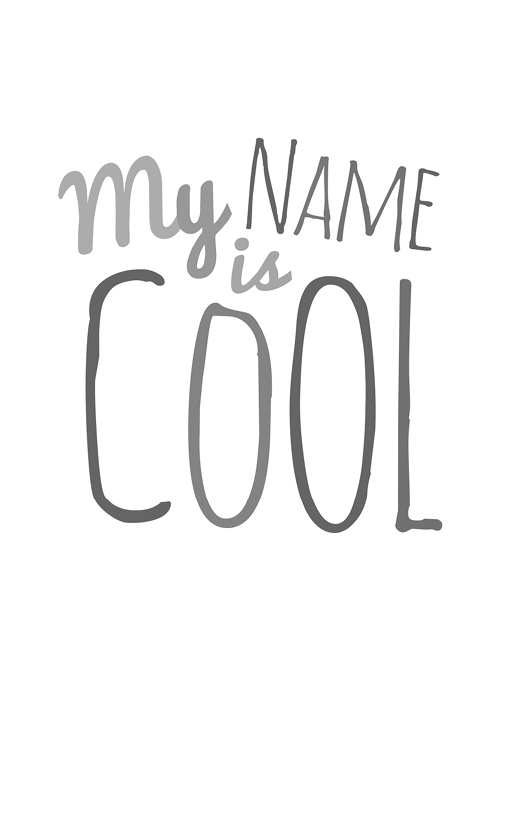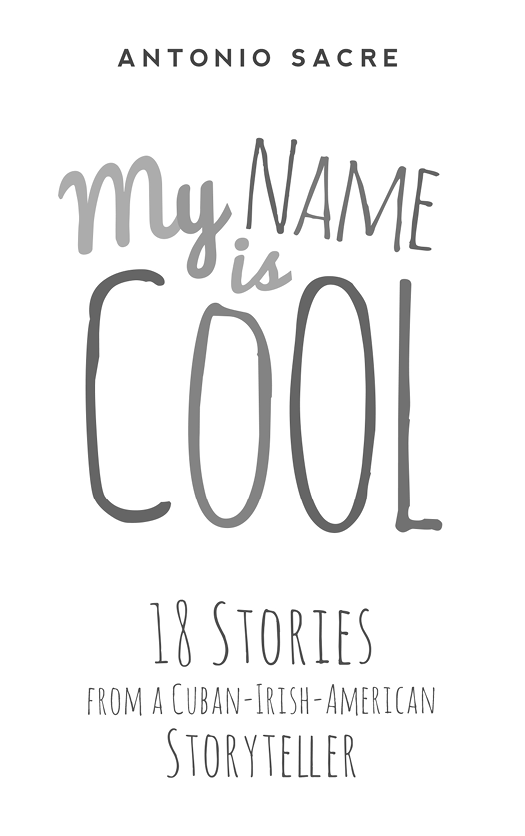to Owen James
Prologue
In 1960, my father got into a rowboat in Havana, Cuba, and rowed ninety miles to the United States to start his new life. By the time I was in the seventh grade, I was telling my friends that my father saved all of his family and all of his friends, piled everyone into that boat, and rowed everybody over to America. By the time I got into high school, I was telling my friends that my father stole five boats from Castros navy and saved all of his friends, all of his family, all of his first, second, third, fourth, and fifth cousins, everyone on his block, all of the pets, and everybody on his baseball team. He piled them all into the boat. There was no room for him in the boat, so he tied those boats together with a big rope, put that rope around his shoulders, and swam everybody over to the United States.
When my dad heard that I was telling that story, he laughed. I said, But really, you just came over in a boat with your family, right?
He said, Came over in a boat? What are you talking about? I flew over in a plane.
I said, You didnt come over in a boat?
He said, No. Youve been telling stories like that all your life.
And its true, I have. Now, all these years later, it is my career and my calling. I write and tell stories primarily to entertain, but also, I hope, to shed some light on one tiny part of what it means to be the child of immigrants, or as my father says, born in the United States with Cuban and Irish parts. Or as the late storyteller Pat Mendoza, a wonderful man with a perpetual smile, called me once while introducing me at the National Storytelling Festival, a leprecano.
Here are the stories I have told, in forty-five states, in eight countries, for the past twenty years, to audiences of all ages.
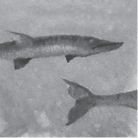
Swimming with Barracudas
A Storytellers Simple History of Cuba
If youve ever been to Disney World in Florida, youve been pretty close to Miami. And if youve been to Miami, youve been close to Key West. And if youve been to Key West, youve been close to Cuba, a long thin island in the Caribbean Sea. There is even a sign with an arrow in Key West that says 90 Miles to Cuba.
Most people speak Spanish in Cuba. But, just like in the United States, there are also many people who speak other languages including English and Chinese. But mostly they speak Spanish.
The capital of Cuba is Havana, and that is where my father was born. When he was young, my father did what many children do in Cuba: he went to the beach with his family. Cuba is an amazingly beautiful tropical island, and many of the people who live there live close to the water. He swam every day that he could. One day, a friend of his brought over some goggles so that they could both see under the water. My father had never worn goggles before. When he put the goggles on and put his head under the water, he saw it teeming with fish. My father and his friend both swam farther and farther out from shore, the fish getting more and more colorful and more and more beautiful.
As they swam, my dad saw in the distance a very odd-looking fish that swam quite quickly toward him. The closer it got, the bigger it got. The bigger it got, the bigger my dads eyes got under the goggles. The fish was shaped like a torpedo, long and thin and muscular looking. It knifed toward my dad, chasing all of the other fish in its path. Its mouth was square and massive, its teeth long and sharp, almost canine in appearance. As it brushed past my dad, he saw the silvery countenance, powerful tail, and bluish color. It was a barracuda.
My dad and his friend swam back to the shore as fast as they could, and my dad never put the goggles back on again. But the next day, there he was again, swimming in the same water.
His friend said, But the barracuda is still out there!
My dad said, Like my grandmother used to say to me in Spanish, Ojos que no ven, corazn que no siente. If your eyes cant see it, your heart wont feel it.
My dad also did what nearly every single boy did and still does in Cuba and other Caribbean islands like Puerto Rico and the Dominican Rebublic: he played baseball. Every single day of the year, children played baseball, except during hurricanes. During hurricanes, they played a game called Lets pray that our roof wont be torn off and flung into the sea and we all drown. That game is not as fun as it seems.
My dad says one reason the Cubans and other Caribbeans are great at baseball is for the simple reason that they played so much, and because of this, they would often lose the baseballs. When they did, until they could get another one, they would play with a bottle cork wrapped in electrical tape. They didnt always have bats, so they would use broom sticks. He said that if you can hit a tiny cork wrapped in black tape with a broomstick, hitting a large white baseball with a real bat is easy.
My dad dreamed of playing professional baseball, but as he got older, he also dreamed about becoming a doctor. He loved the complexities of the human body almost as much as the intricacies of deciphering a pitchers curveball. One game, after ripping a three-run home run to center field, stealing a base, and turning a fierce double play, he realized that he wasnt even the best player on his team. If he worked very hard and had a lot of luck, he might make the pros, and then what? How long would he play? While if he went on to be a doctor, how many lives could he make better? How much more challenging and exciting would it be to pursue medicine? Besides, his mother told him not to be a payaso , a clown, but to be somebody. Be Dr. Sacre. He loved the ring of that. Dr. Sacre. While he still played a lot of baseball and to this day still has a powerful throwing arm, he soon dedicated all of his free time to his studies.
He was almost finished with medical school and about to fulfill his dream to be a doctor when the Cuban Revolution happened.
In the 1950s, while my dad was happily playing baseball and unhappily swimming with the barracudas, the president of Cuba was a man named Fulgencio Batista. He was a bad man, a dictator, and he ruined that tropical paradise. In the United States, if an elected official is abusing his office or not taking care of the country, he or she will most likely be voted out in the next election. But in Cuba, there was no way to vote Batista out of office. Worse, if you spoke against him, he would have you sent to jail and sometimes even killed.
One of the people speaking out against Batista was an incredibly charismatic man named Fidel Castro. He had a vision for the country that would save it from the clutches of Batista, and many of the people supported his vision. After a three-year revolution against Batista, Castro and his armed supporters drove him out of Cuba.
Some people were very excited in Cuba, and the worst of Batistas abuses were eliminated, most notably the notorious relationship he cultivated with American organized crime. However, after taking power, Castro revealed that what he really believed in was a Communist government. In theory, Communism is a way to make sure that everyone is treated fairly. In practice, if often means denying some basic human rights, including the freedom of speech, the freedom of religion, and the freedom to vote for opposing candidates. It wasnt long until Castro began to seize peoples homes and businesses and throw people in jail and sometimes worse if they didnt support his Communist revolution. It seemed to many Cubans they had forgotten the old saying, ms vale el malo concido, que bueno por conocer ; its better the devil you know than the one you dont.

